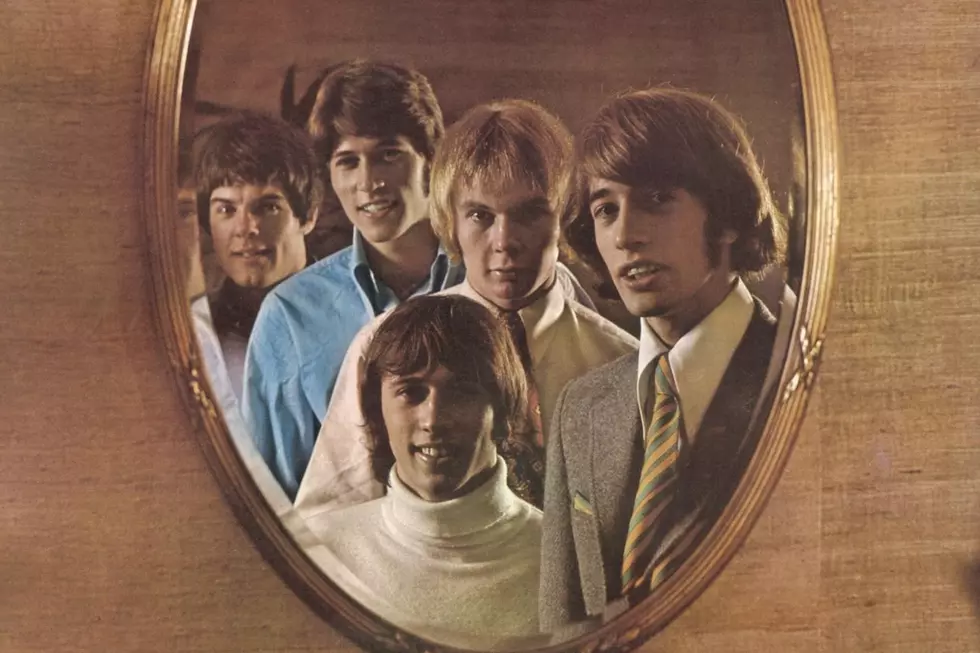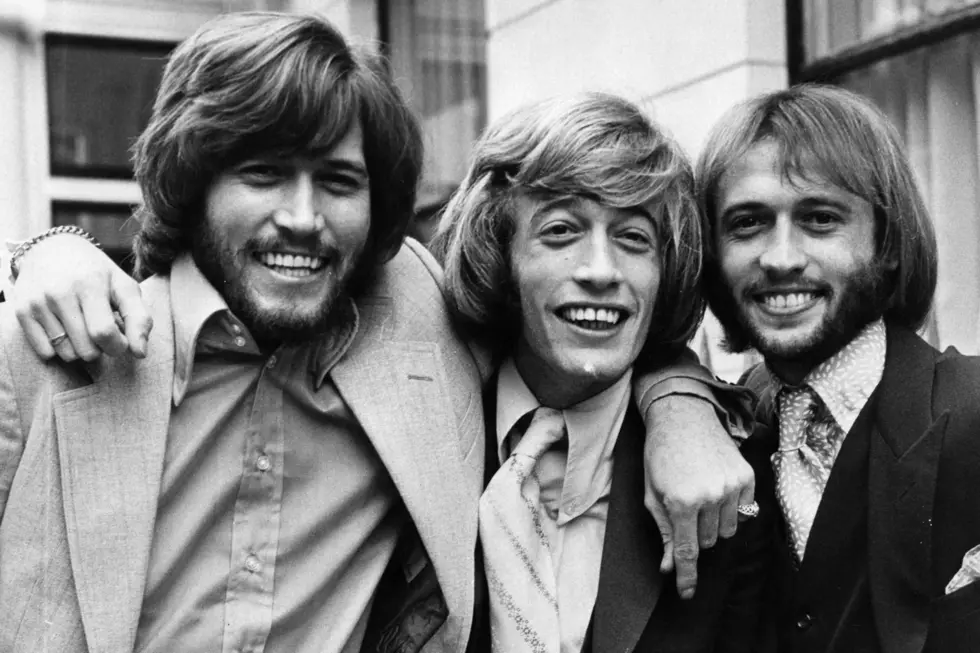
How the Bee Gees Continued Building Momentum With ‘Horizontal’
The Bee Gees released Horizontal, a masterpiece of stately pop music, in February 1968. It was a busy time for the band, who were thrust into the spotlight by way of three top 20 singles ("Holiday," "To Love Somebody," and "New York Mining Disaster 1941") and a hit LP (Bee Gees 1st).
All this activity took place within a few months. Clearly, the Bee Gees were on a roll. Not missing a beat, they released the classic "Massachusetts" in the fall of '67. This single would be another in a series of big hits arriving just shy of the Top 10. By then, the band were already at work on their next studio offering.
Colored by influences ranging from the Beatles to baroque, Horizontal emerged as a near-perfect pop record. Sessions began in the summer of 1967, with the Bee Gees producing along with Robert Stigwood. Together, they moved toward an even more sophisticated sound than was featured on their previous work.
Strings abound and glisten over the brilliantly crafted Gibb compositions. The album kicks off the the gorgeous "World," which features a nice, pounding piano intro and some killer guitar bursts throughout. The song was released as a single and became a big hit worldwide, but remained only an LP track in America. "Lemons Never Forget" was a jab at things going on in the Beatles empire at the time. "It was all over the industry that Apple was in disarray and that the Beatles were breaking up," Barry Gibb said in the liner notes for the re-mastered edition of Horizontal. "It was a was a bit of a send up on Apple."
"The Earnest of Being George," one of the Bee Gees' finest moments on record, is a grooving rocker with pure psychedelic overtones – almost like an out-take from the Beatles' Revolver. Its pounding drums and fuzz guitars are definitive of the era. Gibbs said the song was "in the realm of just being as abstract as possible, going for the musical adventure."
Listen to the Bee Gees Perform 'Earnest of Being George'
"Harry Braaf" is a pumping little rocker about a race-car driver that itself races along in fine fashion, while "Day Time Girl" is one of the most beautiful songs in the Bee Gees catalog. Backed by strings and acoustic guitar, Robin Gibb puts forth one of his most accomplished vocal performances. It's a hidden gem in the Bee Gee library.
Meanwhile, "Massachusetts" is an irresistible slice of pop that rang out of every AM radio in 1967. It is practically guaranteed to put a smile on your face and a song in your heart, and at the risk of sounding corny, you can feel, and hear, genuine sunshine come through the speakers as it plays.
"The Change Is Made" finds brother Barry in a very soulful mood, while guitarist Vince Melouney offers tasty lead work that blends seamlessly with the haunting string arrangement. The title cut is psychedelic-meets-baroque pop of the highest order, with lush vocals front and center. "It had a dream effect to it," Robin Gibb later said, "I just love the atmosphere of the whole song."
In the end, Vince Melouney described Horizontal "a band effort. We all felt that we were a part of one thing. We'd just try different things. It wasn't like it was the Gibb brothers, [drummer] Colin [Petersen] and me. We were all in the Bee Gees together!"
It didn't last. Horizontal made its way into the Top 20 worldwide, helping cement the Bee Gees' place as real contenders. Melouney was gone by 1968, however, followed by Petersen in 1969.
Forgotten First Albums: Rock's 61 Most Overshadowed Debuts
More From Ultimate Classic Rock









